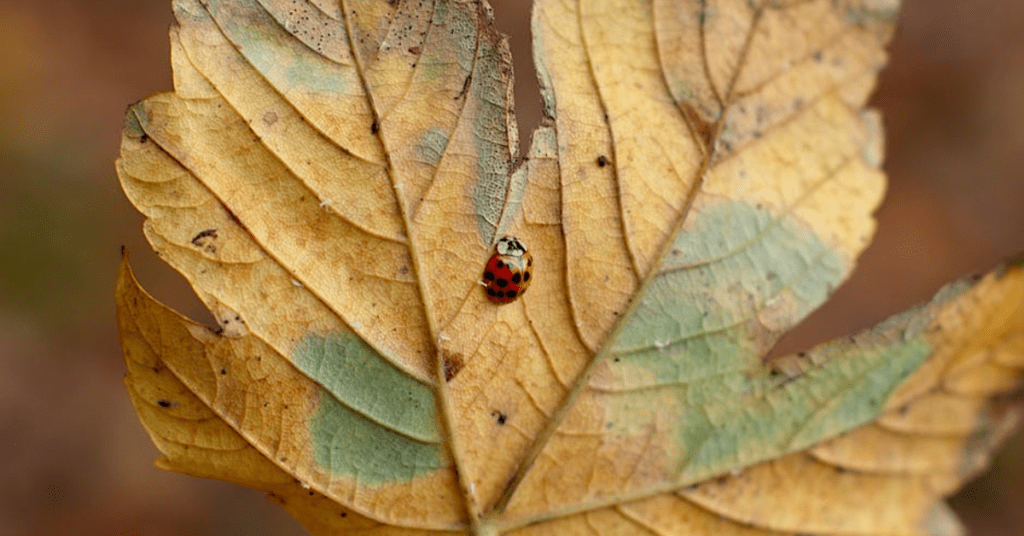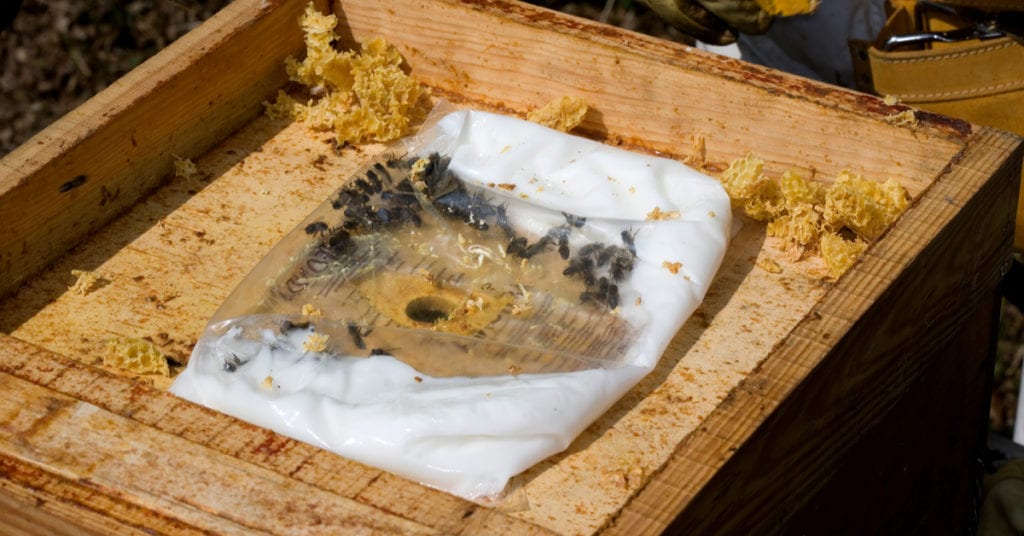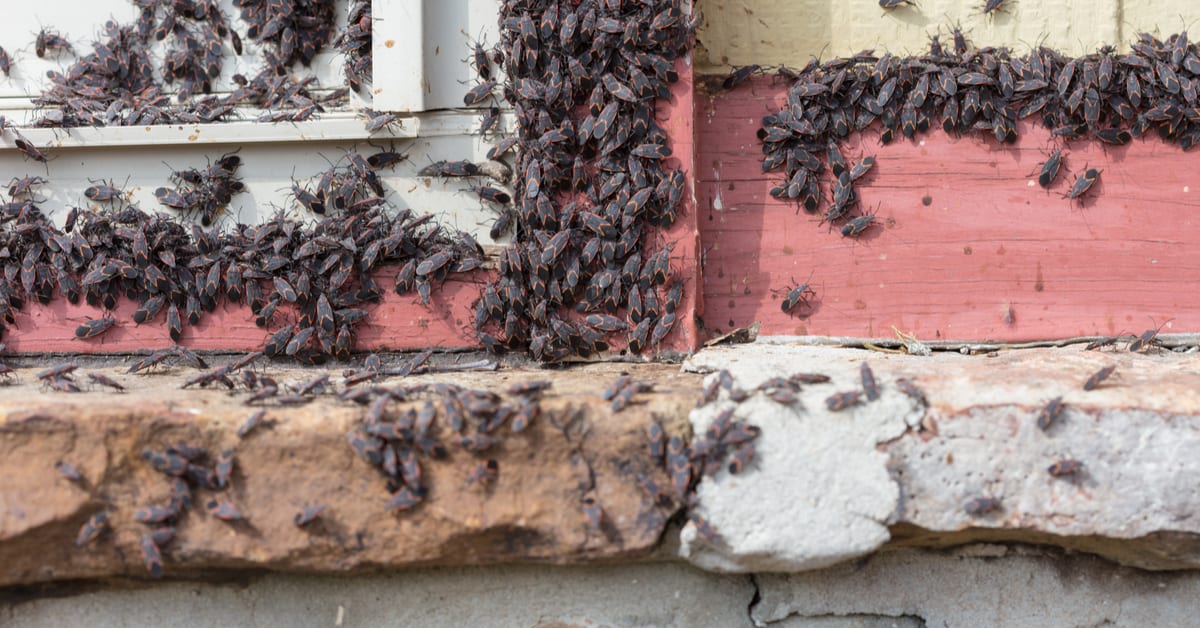Hibernating Insects in New Jersey
New Jersey has had more than its share of insect pests this year. Not only do residents have the normal termites, mosquitos, and wasps to worry about, there’s also an ongoing invasion of spotted lanternflies.
Wouldn’t it be great if these bugs gave us a break, at least through the winter season? Amazingly enough, some insects do hibernate when the weather gets cold. Because they don’t have fur to keep warm like mammals, finding shelter and staying dormant is the best way for them to survive.
Want to learn more about the hibernating insects in your area? Keep reading for our guide to what insects hibernate in New Jersey.
Beetles and True Bugs

Quite a few different types of beetles seek out a warm place to overwinter and take a long nap. June beetles, for example, dig burrows underground and hibernate below the frost line.
One of the more notable types of hibernating insects is the ladybug (also called a ladybird beetle). They prefer to shelter from the cold in tree cavities, under loose bark, and inside buildings. It’s rare to find a single ladybug in hibernation as they prefer to group together in large colonies.
True bugs, like box elder bugs, also like to move indoors for the winter whenever they can find an entry point. Neither ladybugs nor most true bugs enter total hibernation. Instead, they’ll wake up and move around for a day or two when the weather warms up (or your furnace kicks on).
Flies
Flies are also among the list of insects that can hibernate. Houseflies, blowflies, and mosquitoes find shelter in hollowed-out logs and trees, cracks in the ground, and buildings.
If the weather climbs over 50 degrees Fahrenheit, they may take that as their sign to wake up for spring—even in the middle of January. They’ll re-enter hibernation when temperatures drop again.
Bees and Wasps


Thankfully, many of the peskiest stinging insects also spend the winters hibernating. Bumblebees, for instance, fall asleep in their underground burrows for so long that their gut microbiomes change. Honey bees form clusters inside their hives to protect the queen and keep themselves warm.
Some types of wasps such as yellowjackets also hibernate, but many of them don’t make it through the winter. The wasps that do hibernate are often the queens, and they prefer to find a place inside your shed, attic, or walls. The queen will emerge when the weather warms up to find a new nesting location and lay her eggs.
Moths and Butterflies
What insects hibernate aside from the typical pests? You may be surprised to learn that most species of moths and butterflies spend their winters in stasis. Only a few species, like the Monarch butterfly, migrate to warmer locations.
Indian meal moths that move into your home may awaken early to eat when your heat turns on, preferring to snack on dried food products and pet foods.
Getting Rid of Hibernating Insects
Have you noticed an increase in hibernating insects that decided your home was the best place to overwinter? Don’t wait until spring to take care of the problem. Contact NJ Pest Control to schedule an appointment and we’ll send one of our QualityPro® Certified technicians out to help.
We serve the New Jersey counties of Morris County • Bergen County • Essex County • Passaic County • Sussex County • Hunterdon County • Somerset County • Warren County • Union County
Get in touch to see if we service your town within a county listed above. Looking forward to helping you.

